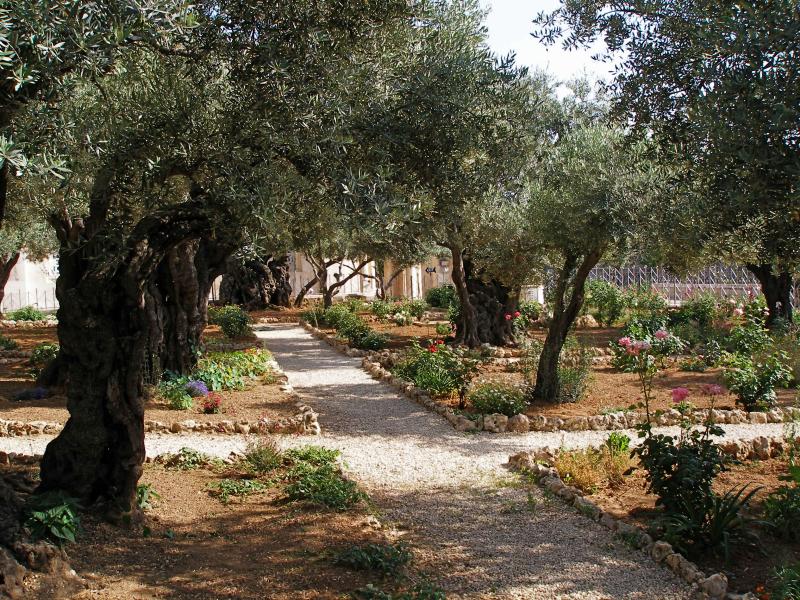
In a previous article we explored how to account for the Three days and three nights in the heart of the earth
passage in Mattithyahu (Matthew) 12:40. However, as we continue to deepen our faith and seek truth, new revelations come to light. Today, I’d like to share my belief that 𐤉𐤄𐤅𐤔𐤅𐤏 (Yahushua) haMashiah (or Jesus the Messiah) was indeed in the grave for three literal days and nights.
For as Jonas was three days and three nights in the whale’s belly; so shall the Son of man be three days and three nights in the heart of the earth.
Mattithyahu (Matthew) 12:40, King James Version
Mattithyahu (Matthew) 12:40 is a verse often cited regarding the duration the Messiah was to spend in the heart of the earth
. Traditionally, it’s been interpreted as spanning from Friday afternoon to Sunday morning. However, this timeframe only encompasses two nights and one day, falling short of the three days and three nights
requirement, as written.
Establishing an Agreement
So, let’s approach this with reverence for the Bible as our guiding authority. If it explicitly states three days and three nights
, then that’s the timeframe we must consider. This is significant because it serves as a sign of the Messiah’s authenticity.
Then some of the scribes and Pharisees told 𐤉𐤄𐤅𐤔𐤅𐤏 (Yahushua), “Teacher, we want to see a sign from you.”
Mattithyahu (Matthew) 12:38, International Standard Version
This understanding is crucial because it serves as a key indication that 𐤉𐤄𐤅𐤔𐤅𐤏 (Yahushua) (Jesus) was indeed the Messiah. His fulfillment of this prophecy is essential and should not be one day and two nights, not one day and half a night, nor three days and three and a half nights.
A Literal Interpretation
Using the Zadok calendar (also known as the Dead Sea Scrolls calendar), which ensures that Abib 18 always coincides with a weekly Sabbath, we can track things as follows:
(aside: remember, a day begins at dawn/sunrise, which is approximately 06:00 in the morning):
- Abib 15 evening = First night
- A High Sabbath.
- The beginning of the Feast of Unleavened Bread.
- Abib 16 morning = First day.
- Abib 16 evening = Second night.
- Abib 17 morning = Second day.
- Abib 17 evening = Third night.
- Abib 18 morning = Third day.
- A weekly Sabbath.
- The fourth day of the Feast of Unleavened Bread.
Three Interpretations of the Resurrection Timing
Regarding the timing of the resurrection, there are three interpretations:
- The exact moment 𐤉𐤄𐤅𐤔𐤅𐤏 (Yahushua) gave up his spirit on Abib 15.
- When he was buried or the tomb was closed, around the start of the evening of Abib 15.
- Any time after dawn/sunrise (approximately 06:00 in the morning).
Yet, they all converge on the same conclusion: 𐤉𐤄𐤅𐤔𐤅𐤏 (Yahushua) haMashia (Jesus the Messiah) spent three days and three nights
in the grave, from the evening of Abib 15 to the morning of Abib 18, thus fulfilling the prophecy and serving as the sign He was indeed the One.
That’s it. Simple, right? Praise YAH, the Most High!
Shout for Joy
The work shown above is Copyrighted to Gary Valenciano.


